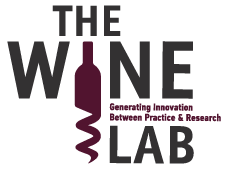THE CONCEPT OF SUSTAINABILITY IN PRODUCTION PROCESS
According to its first definition (US Congress), sustainability is a system of practices of crop and animal production with a specific application for the long-term satisfaction of natural needs in food and fiber and the protection of the natural environment and the resources on which agriculture is dependent. It also defines the effective use of non-renewable resources and farm resources as well as the integration, where possible, of the natural organic cycle and the exercise of control, the preservation of the economic viability of the operations of the exploitation and the promotion of life quality for the farmers and the society as a whole. US Government 1990
Five (5) parts that compose the definition:
1. Productivity
2. Environmental quality
3. Efficient use of production resources
4. Economic viability
5. Quality of life
Ensures the possibility of high agricultural yields and quality products with a low quantity input-output combination, implements new technologies as well as practices to optimize products, minimize losses and enhance economic upgrading.
Sustainable agriculture is not a turning back to the traditional production methods of the last century but a system that seeks to develop the abilities – skills of the production factors, to achieve the long-term efficiency and sustainability of the enterprise, the natural environment and the safety of consumers.
